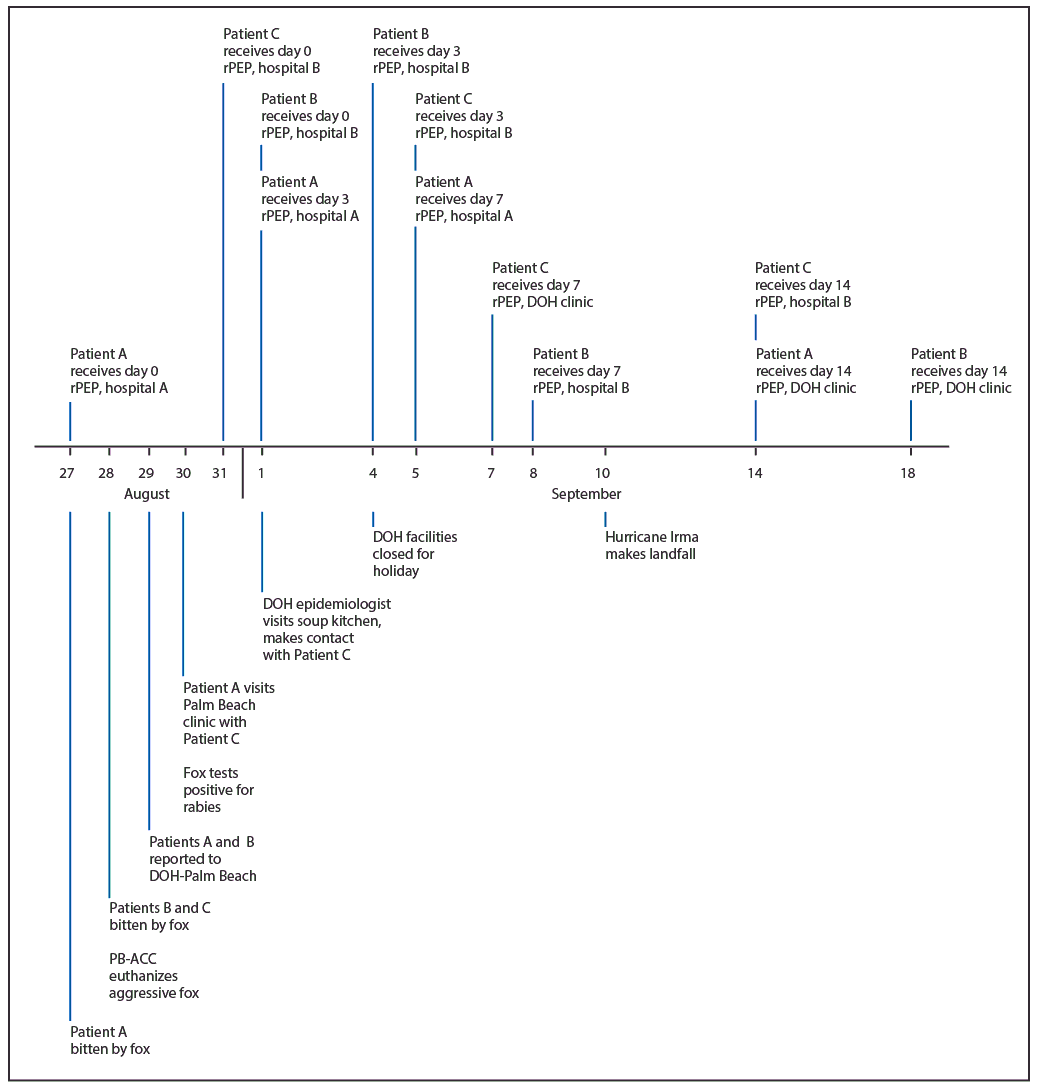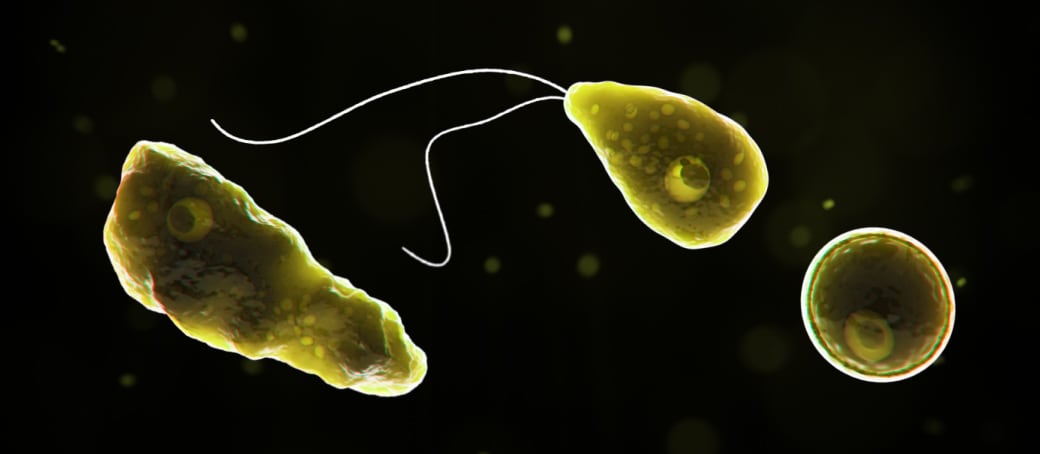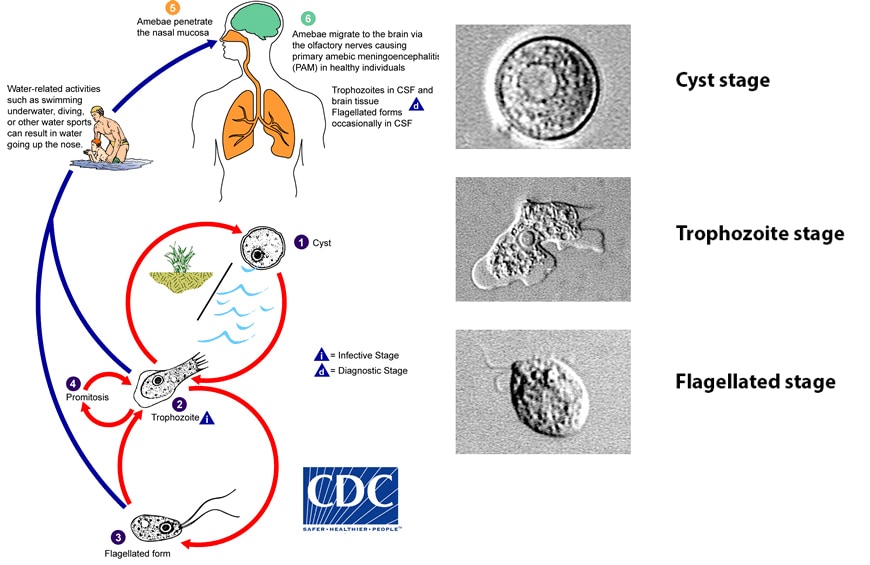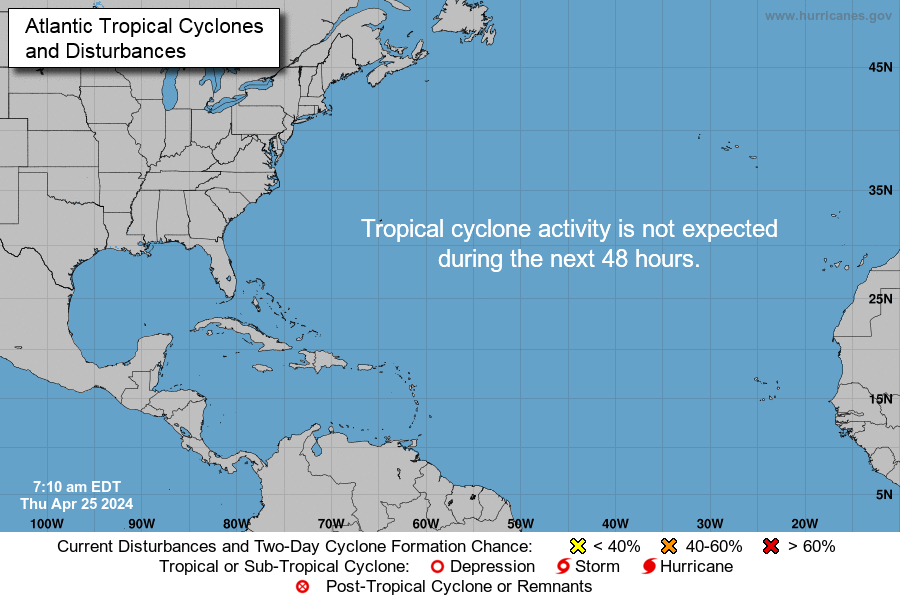Archive for September, 2019
Chronic Mountain Sickness in Peru
Tuesday, September 17th, 2019Science
“…La Rinconada….the world’s highest human settlement, a gold-mining boomtown at 5100 meters in southeastern Peru. An estimated 50,000 to 70,000 people live here, trying to make it—and, many hope, strike it rich—under brutal conditions. La Rinconada has no running water, no sewage system, and no garbage removal. It is heavily contaminated with mercury, which is used to extract the gold. Work in the unregulated mines is back-breaking and dangerous. Alcohol abuse, prostitution, and violence are common. Freezing temperatures and intense ultraviolet radiation add to the hardships.
La Rinconada’s most defining feature, however, the one that lured the scientists, is its thin air. Every breath you take here contains half as much oxygen as at sea level. The constant oxygen deprivation can cause a syndrome called chronic mountain sickness (CMS), whose hallmark is an excessive proliferation of red blood cells. Symptoms include dizziness, headaches, ringing ears, sleep problems, breathlessness, palpitations, fatigue, and cyanosis, which turns lips, gums, and hands purplish blue. In the long run, CMS can lead to heart failure and death. The condition has no cure except resettling at a lower altitude—although some of the damage may be permanent…….”
A bomb attack at an election rally in Afghanistan has killed at least 24 people
Tuesday, September 17th, 2019Challenges to Completing Rabies Postexposure Prophylaxis After Hurricane Irma
Tuesday, September 17th, 2019O’Sullivan B, Burke R, Bassaline D. Notes from the Field: Rabies Exposures from Fox Bites and Challenges to Completing Postexposure Prophylaxis After Hurricane Irma — Palm Beach County, Florida, August–September 2017. MMWR Morb Mortal Wkly Rep 2019;68:795–797. DOI: http://dx.doi.org/10.15585/mmwr.mm6836a4external icon

HUMBERTO CONTINUES TO STRENGTHEN… …LARGE SWELLS AFFECTING MUCH OF THE SOUTHEASTERN UNITED STATES COASTLINE
Monday, September 16th, 2019California, 2018: A Case of Fatal Naegleria fowleri Meningoencephalitis
Monday, September 16th, 2019Vugia DJ, Richardson J, Tarro T, et al. Notes from the Field: Fatal Naegleria fowleri Meningoencephalitis After Swimming in Hot Spring Water — California, 2018. MMWR Morb Mortal Wkly Rep 2019;68:793–794. DOI: http://dx.doi.org/10.15585/mmwr.mm6836a3external icon
“In October 2018, a previously healthy boy was admitted to an intensive care unit at a southern California hospital after experiencing 2 days of headache, vomiting, and fever and 1 day of altered mental status. He was initially treated empirically for bacterial and viral meningitis and subsequently displayed decreased level of consciousness and experienced respiratory failure, requiring intubation and mechanical ventilation. Computed tomography scan of the brain showed diffuse cerebral edema. A wet mount of cerebrospinal fluid obtained by lumbar puncture revealed amebic organisms consistent with Naegleria species, and a treatment regimen for Naegleria was added, including miltefosine (1), which is now commercially available.* The infectious disease clinician notified CDC, which then notified state and local public health. Polymerase chain reaction testing of a cerebrospinal fluid specimen at the Mayo Clinic on hospital day 2 identified N. fowleri, a free-living ameba found in warm fresh water that causes primary amebic meningoencephalitis (PAM). The patient’s condition continued to worsen, and he died on hospital day 3...…”





![[Key Messages]](https://www.nhc.noaa.gov/storm_graphics/AT09/refresh/AL092019_key_messages+png/030116_key_messages_sm.png)
![[Image of probabilities of 34-kt winds]](https://www.nhc.noaa.gov/storm_graphics/AT09/refresh/AL092019_wind_probs_34_F120+png/084821.png)




![[Image of probabilities of 34-kt winds]](https://www.nhc.noaa.gov/storm_graphics/AT09/refresh/AL092019_wind_probs_34_F120+png/085723.png)